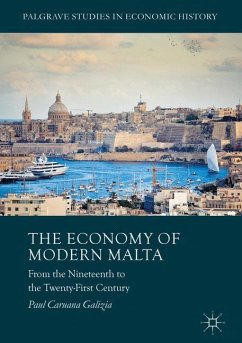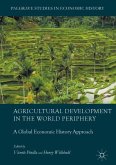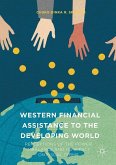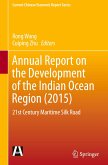This book provides the first wide-ranging account of the Maltese economy in the modern era, from colonialism to European Union membership. It sets arguments about growth and development, and the impact and legacy of colonization, against detailed histories of agriculture, manufacturing and trade, and different economic policy regimes. It is based on volumes of newly collected archival evidence and the latest thinking in economic history. By extending coverage up to the present, the book explains how one of the world's smallest nation-states achieved lasting economic development, quintupling its per capita income level since 1970, when many other postcolonial and advanced economies stagnated.








